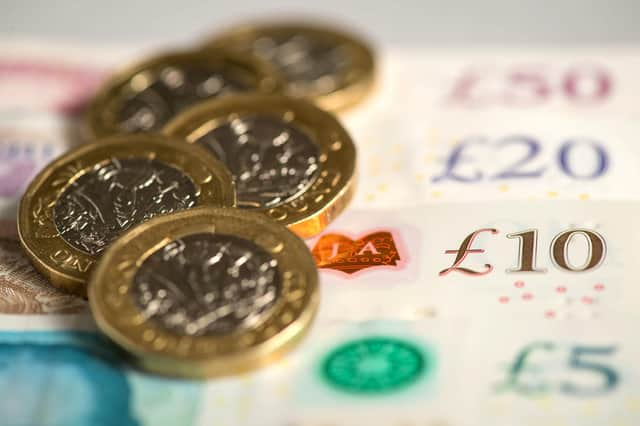These are your rights and what you should do if you can't pay your rent during the pandemic


North East Citizens Advice manager Joe Michna has put together the following helpful guide to explain the rights of tenants who may be concerned about being able to pay their rent or even be evicted at this time.
What should I do if I cannot pay my rent during the crisis?
Explain the situation to your landlord – they might give you more time to pay, or agree to reduce your rent.


Advertisement
Hide AdAdvertisement
Hide AdIf your landlord does not offer to be flexible try to pay as much as you can and keep a record of any discussions.
Ask your landlord if you can pay by card over the phone or online so you don’t have to leave the house.
You may be entitled to benefits to help with housing costs if your income has reduced, such as Housing Benefit or Universal Credit.
I’m worried about being evicted, what should I do?
The government has made a temporary change to the law around eviction because of the coronavirus.
Advertisement
Hide AdAdvertisement
Hide AdYour landlord might have to give you extra notice before they can evict you depending on your type of tenancy.
If you rent from the council you are likely to be an introductory tenancy or secure tenancy.
If you rent from a housing association, you are likely to be an assured or assured shorthold tenant.
If you rent from a private landlord you are likely to be an assured shorthold tenant.
Advertisement
Hide AdAdvertisement
Hide AdWhat if I have been served with an eviction notice after March 26?
If your landlord gives you an eviction notice on or after the March 26, 2020 the notice has to be increased to three months for assured, assured shorthold, secure, demoted, and introductory tenancies.
What if my landlord has started court action?
The court service has postponed all eviction processes for three months from March 27, 2020.
If your landlord has gone to court to evict you, you will not have to leave your home yet.